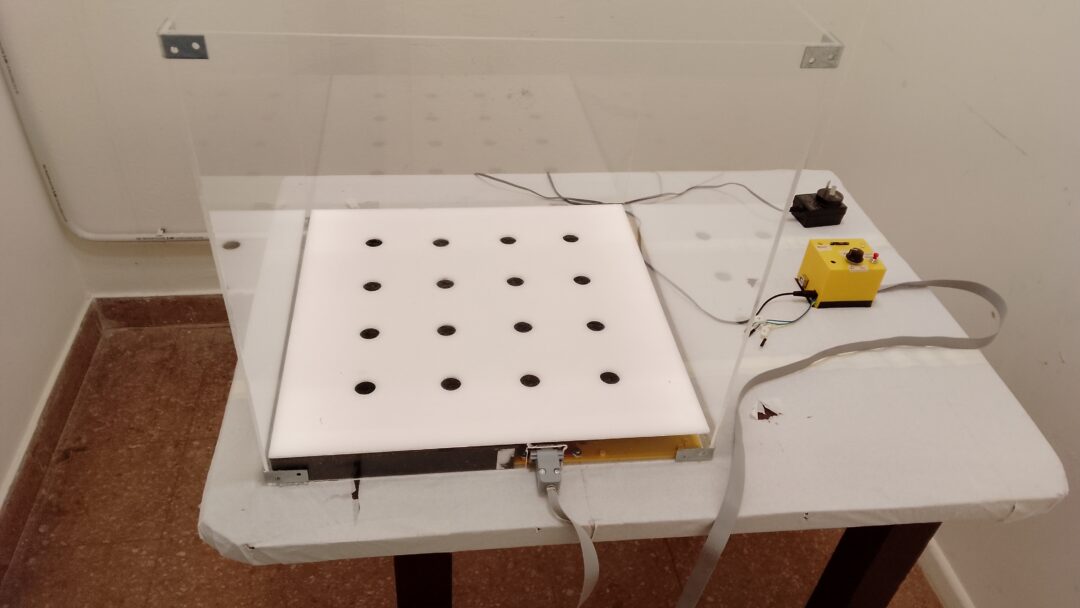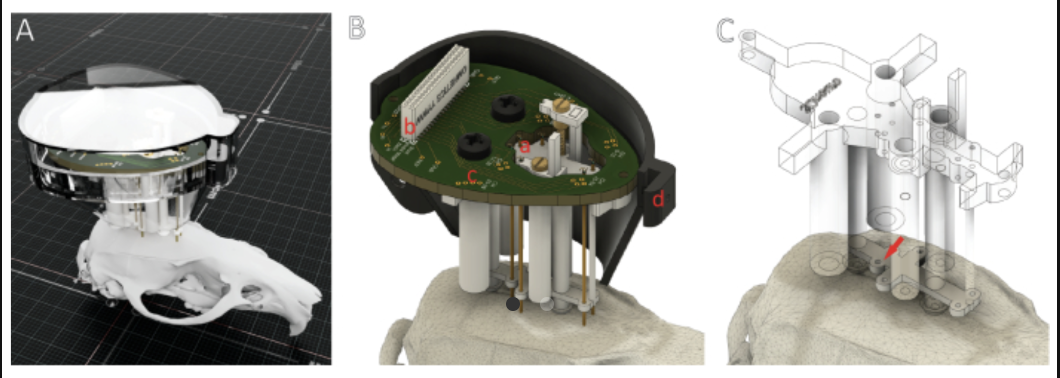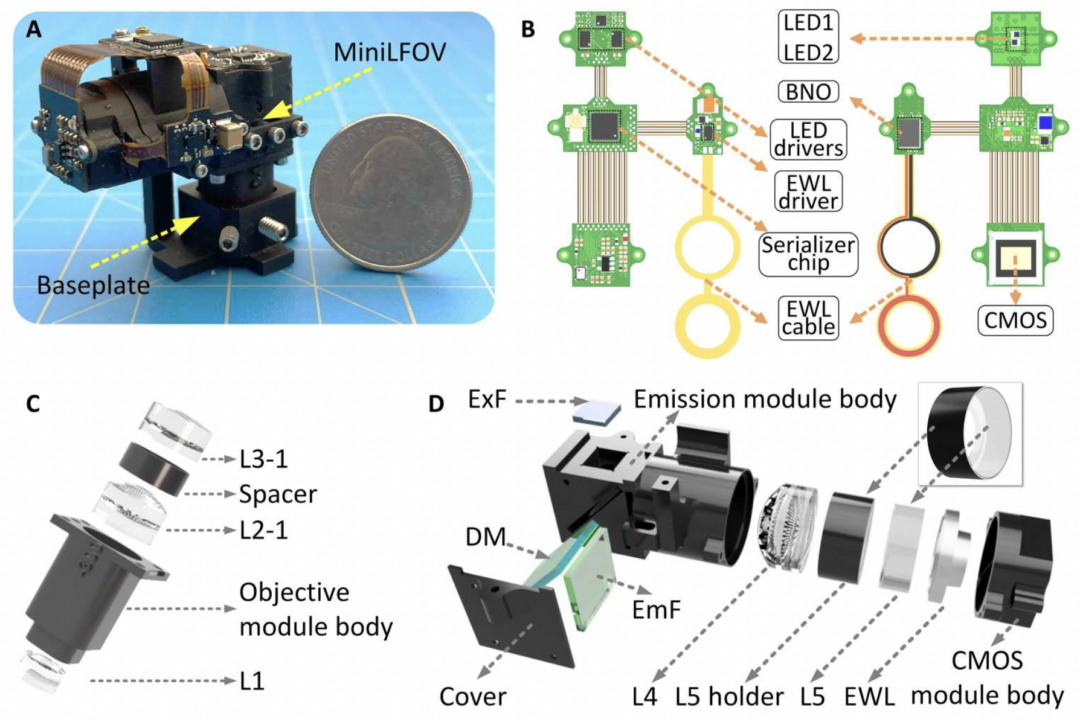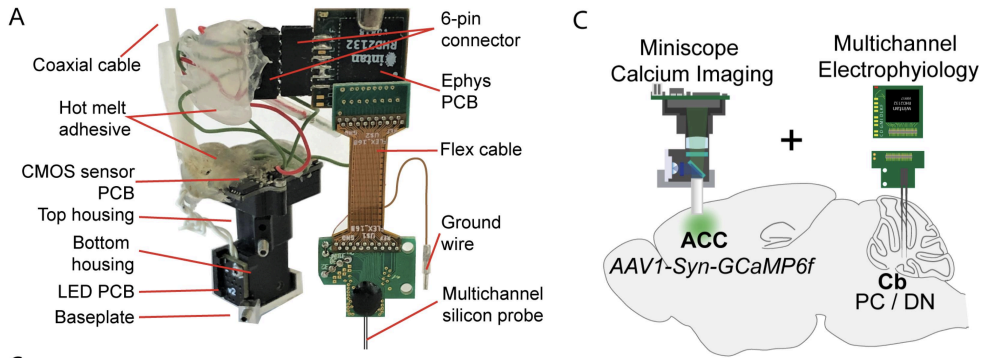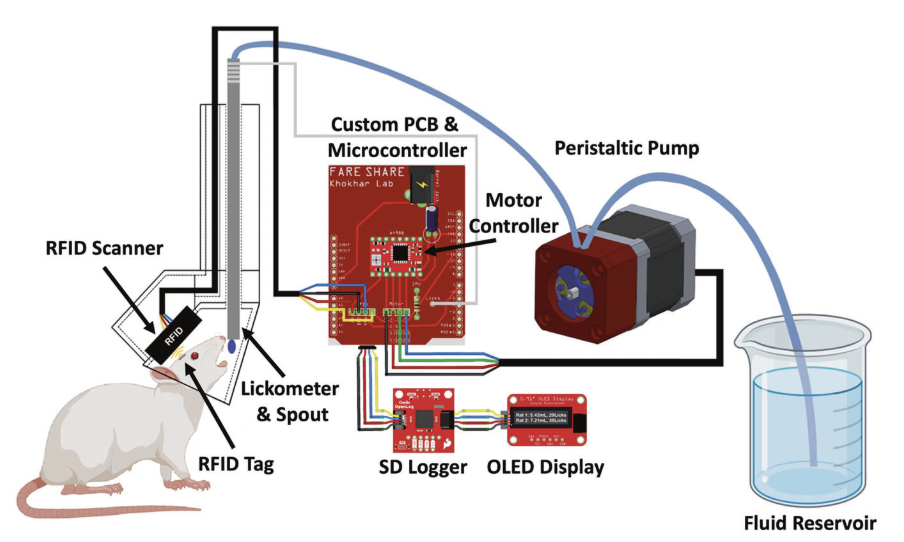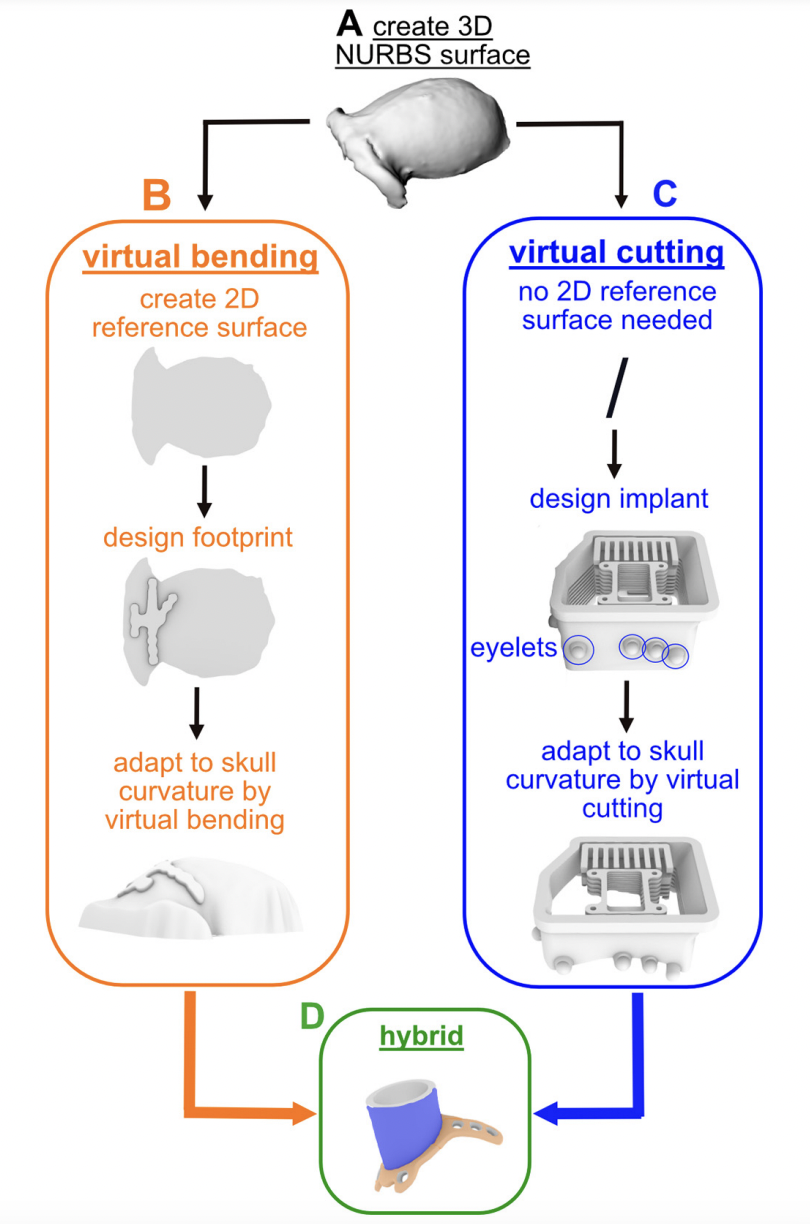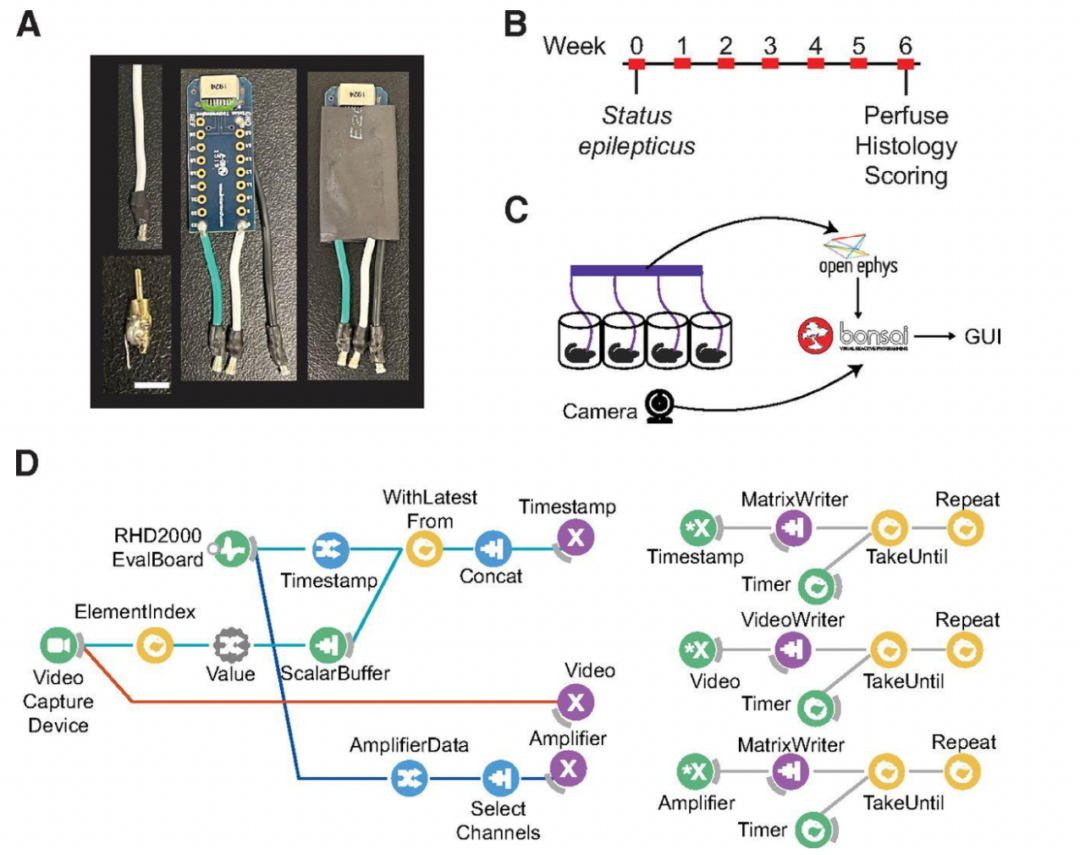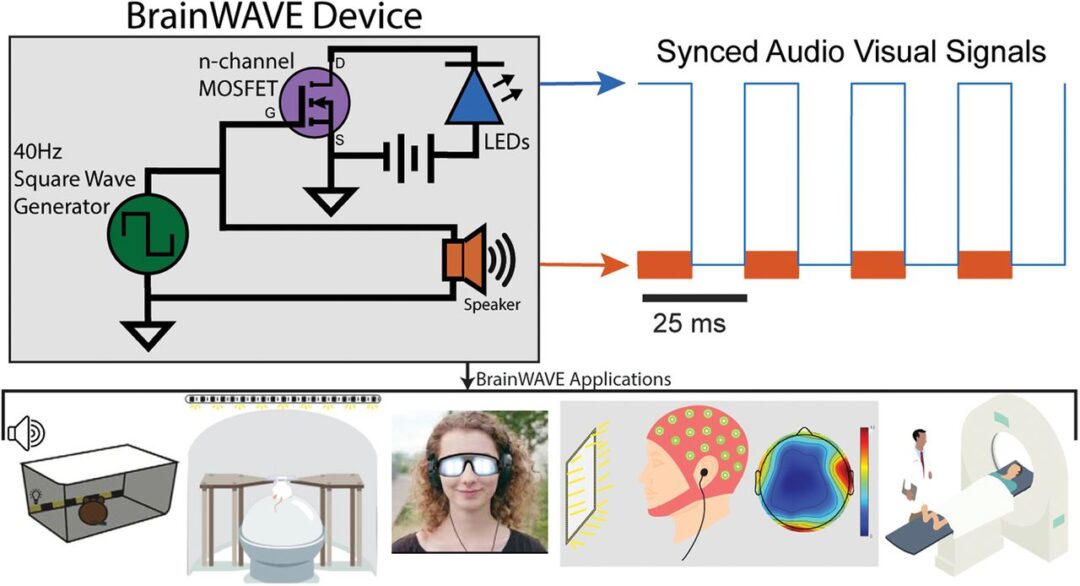In a special issue of Journal of Neural Engineering, Dominique Martinez and colleagues their share design for NeRD, an open source neural recording device for wireless transmission of local field potential (LFP) data in in freely-behaving animals. Check out projects similar to this!NeRD
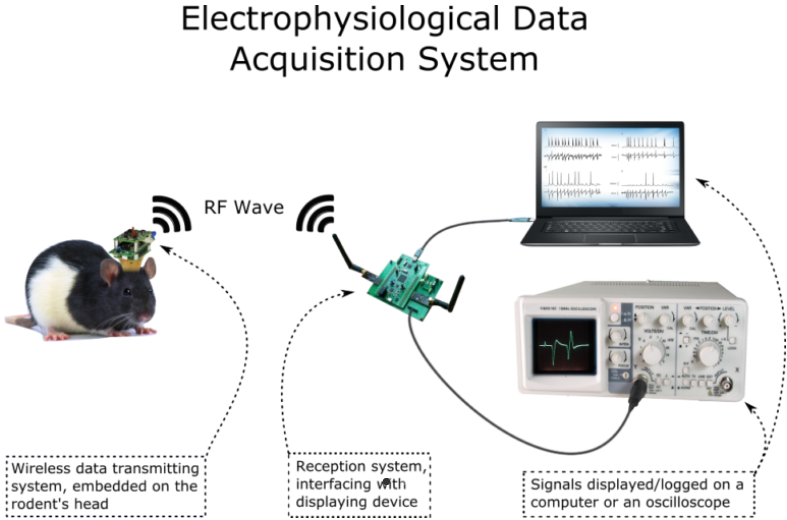
Have questions? Send us an email!
Electrophysiological recording of local field potentials in freely-behaving animals is a prominent tool used by researchers for assessing the neural basis of behavior. When performing these recordings, cables are commonly used to transmit data to the recording equipment, which tethers the animals and can interfere with natural behavior. Wireless transmission of LFP data has the advantage of removing the cable between the animal and the recording equipment, but is hampered by the large number of data to be transmitted at a relatively high rate.
To reduce transmission bandwidth, Martinez et al. propose an encoder/decoder algorithm based on adaptive non-uniform quantization. As proof-of- concept, they developed a NeRD prototype that digitally transmits eight channels encoded at 10 kHz with 2 bits per sample. This lightweight device occupies a small volume and is powered with a small battery allowing for 2h 40min of autonomy. The power dissipation is 59.4 mW for a communication range of 8 m and transmission losses below 0.1%. The small weight and low power consumption offer the possibility of mounting the entire device on the head of a rodent without resorting to a separate head-stage and battery backpack. The use of adaptive quantization in the wireless transmitting neural implant allows for lower transmission bandwidths, preservation of high signal fidelity, and preservation of fundamental frequencies in LFPs from a compact and lightweight device.
This research tool was created by your colleagues. Please acknowledge the Principal Investigator, cite the article in which the tool was described, and include an RRID in the Materials and Methods of your future publications. RRID:SCR_021582




